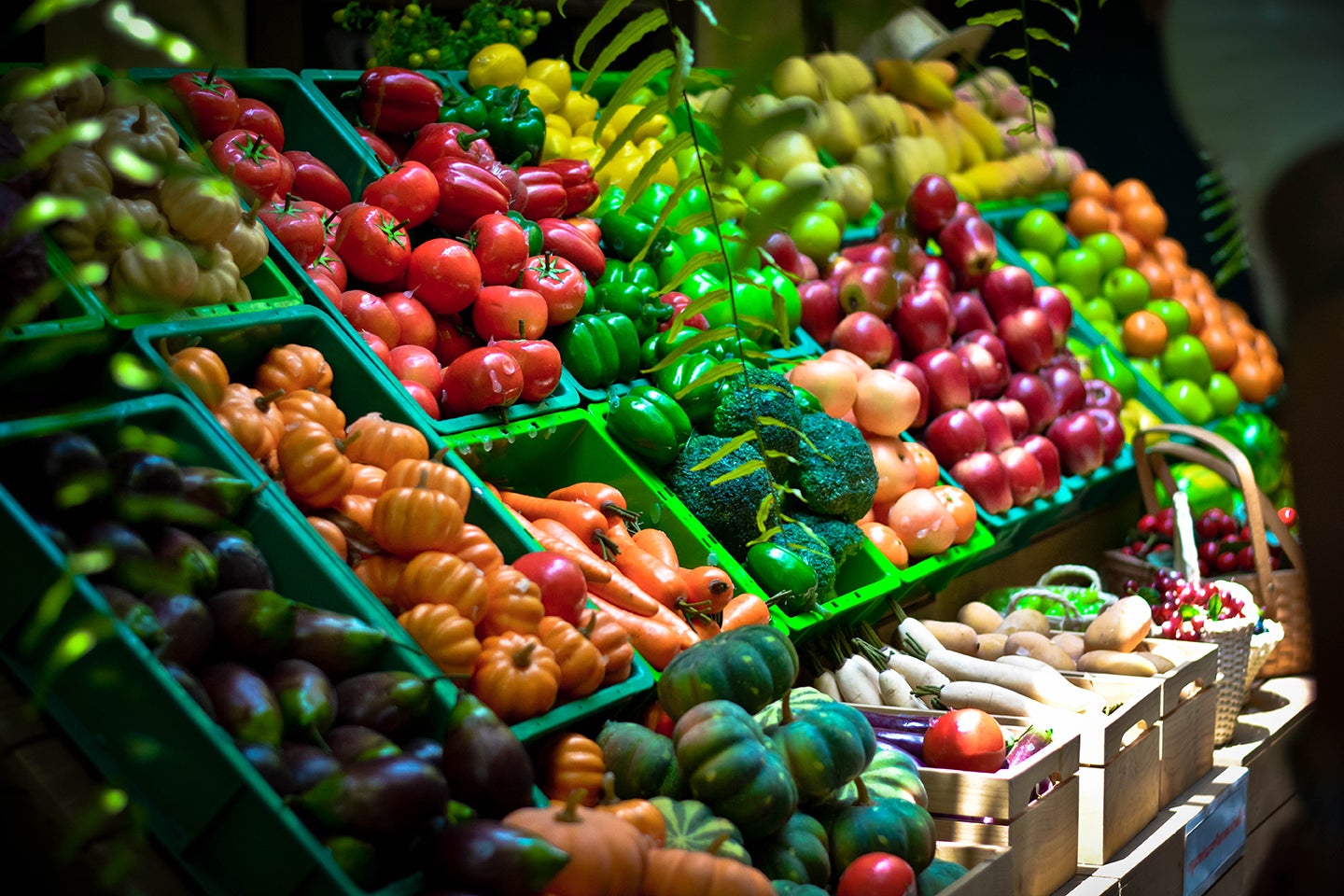How to Get the Nutrients You Need on a Vegan Diet

As healthy as a vegan diet may be, a few nutrients are difficult to get from a plant-based diet. Here are four that can be tricky – and how to make sure you’re piling enough on your plate.
Vitamin A
Vitamin A, crucial for vision and eye health, immune health and reproductive function, is found only in animal products. Beta-carotene and certain other carotenoids in fruits and vegetables can be converted by the body into active forms of vitamin A. The problem is, only a small percentage of beta-carotene and other carotenoids get converted into vitamin A, and vegan diets low in protein or zinc can impair the conversion ratio. In addition, common genetic variations can significantly hamper the body’s ability to transform beta-carotene to vitamin A.
Stay nourished: Include plenty of red/orange fruits and vegetables and dark leafy greens in your diet, and eat them with fat to boost absorption. Cooking them may also increase beta-carotene availability. And consider a preformed, vegan-friendly vitamin A supplement.
Vitamin B12
Vitamin B12, a water-soluble vitamin that keeps blood cells and the nervous system healthy, is found in appreciable amounts only in animal products. Vegetarians who include eggs and dairy in their diets can get enough, but vegans who don’t take supplements are at a higher risk of B12 deficiencies. Nori seaweed and tempeh contain B12, but amounts vary by brand and variety, so they’re not reliable sources. And while blue-green algae and other foods, like mushrooms, are reported to contain B12, it’s in the form of B12 analog, meaning it’s inactive in the human body.
Stay nourished: In addition to nori and tempeh, look for meat and dairy substitutes fortified with B12. And cover your bases with a B12 cyanocobalamin supplement; sublingual forms are best absorbed.
Omega-3s
Omega-3 fats, important for heart health, cognitive function and a strong immune system, are hard to get from plants. The two biologically active forms, EPA and DHA , are found only in animal foods, mainly fatty fish like salmon and sardines. ALA (alpha-linolenic acid), the form founds in plants like walnuts, chia seeds and flaxseed, must be converted by the body into EPA and DHA. The problem is, the rate of conversion is very low. In some studies, as little as 5 percent of ALA is converted to EPA, and less than 0.5 percent is converted to DHA—so plant foods aren’t reliable sources.
Stay nourished: look for an effective, vegan-friendly omega-3 supplement. Algae oil contains both EPA and DHA, and some studies show its bioavailability and efficacy is comparable to fish oil.
Iron
Iron is critical for making hemoglobin, needed to transport oxygen in the blood, and other important physiological functions. While plant sources of iron are abundant, heme iron—the form that’s most efficiently absorbed by the body, is found only in meat, especially organ meat and red meat. In addition, phytic acid, a compound found in legumes, nuts and grains (abundant in vegan diets), inhibits the availability of non-heme iron and other minerals. On the other hand, vitamin C boosts iron absorption, and some studies suggest abundant vitamin C can offset the effects of phytic acid.
Stay nourished: include a variety of iron-rich foods like spinach, chard, beet greens, almonds and white beans, along with red peppers, broccoli, strawberries, kiwi and other foods high in vitamin C. Soak or sprout beans, grains and legumes to reduce their phytic acid content. And consider a vegan-friendly iron supplement if your diet is lacking.